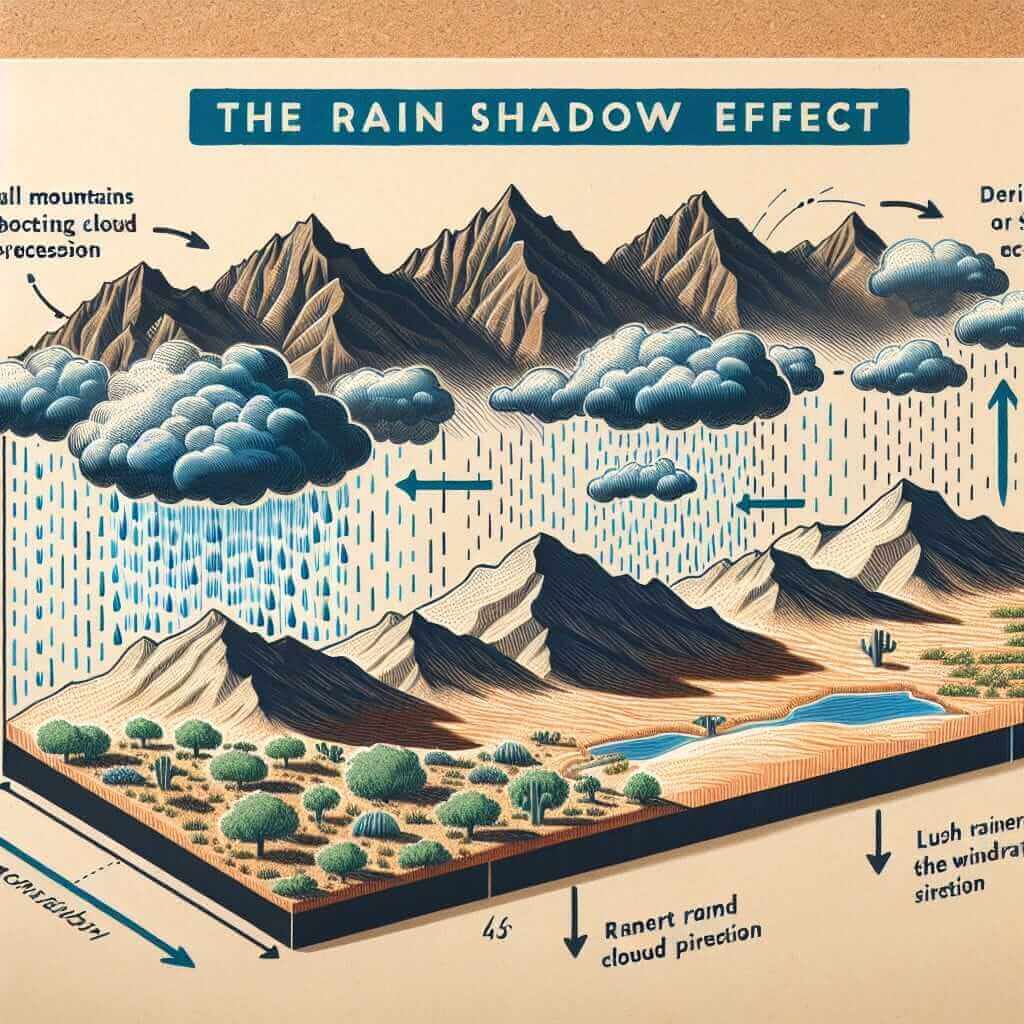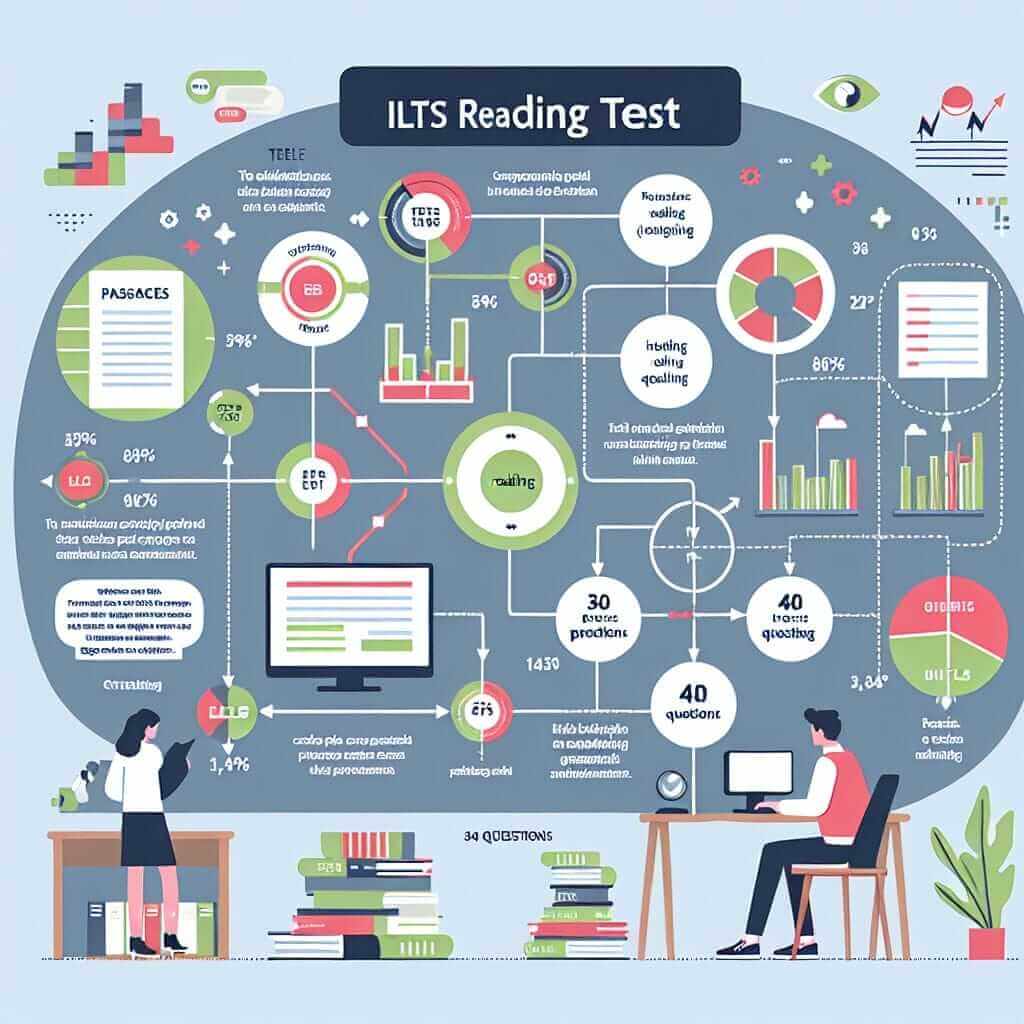As an IELTS instructor with over 20 years of experience, I often encounter students who are unsure how to tackle opinion-based questions in the IELTS Speaking test. One question that frequently arises is: “Do you prefer reading books or newspapers and magazines?”
Nội dung bài viết
This question can seem deceptively simple, but it requires a well-structured and articulate response to achieve a high band score. In this guide, we will explore how to formulate a compelling answer, provide useful vocabulary, and discuss how this question connects to the overall IELTS Speaking assessment criteria.
Understanding the Question’s Purpose
The examiner isn’t looking for a right or wrong answer about your reading preference. Instead, they want to evaluate your ability to:
- Express and justify your opinion: Can you clearly state your preference and provide reasons for it?
- Use a range of vocabulary: Can you discuss your reading habits using diverse and sophisticated language?
- Maintain fluency and coherence: Can you speak smoothly and logically organize your ideas?
- Demonstrate grammatical accuracy: Can you use a variety of grammatical structures correctly?
Structuring Your Response
A well-organized answer is crucial for clarity and coherence. Here’s a suggested structure:
1. State Your Preference:
- “To be honest, I’m more drawn to…”
- “I tend to prefer…”
- “Generally speaking, I’d say I’m more of a…”
2. Explain Your Reasons (Provide 2-3 reasons):
- For Books: “I find that books offer a deeper dive into a subject, allowing me to fully immerse myself in the story or topic.”
- For Newspapers/Magazines: “I appreciate that newspapers and magazines provide me with concise and up-to-date information about current events.”
3. Elaborate on Your Reasons with Examples:
- For Books: “For example, I recently finished a fascinating novel that explored the complexities of human relationships…”
- For Newspapers/Magazines: “Just the other day, I read an article in a magazine about the latest developments in renewable energy, which I found incredibly insightful.”
4. Provide a Balanced Perspective (Optional):
- While you are stating a preference, briefly acknowledging the other option demonstrates flexibility in your thinking: “Although, I do enjoy skimming through a magazine occasionally for a lighter read.”
 Reading Preferences
Reading Preferences
Vocabulary Enhancement
Using precise and varied vocabulary will showcase your language proficiency. Here are some useful words and phrases:
- Immersive: (adj.) Deeply engaging and absorbing
- Engrossing: (adj.) Holding one’s attention completely
- Provocative: (adj.) Stimulating thought or debate
- Informative: (adj.) Providing useful or interesting information
- Current affairs: (n.) Events of political or social interest that are happening now
- Concise: (adj.) Giving information clearly and shortly, using only the words that are necessary
- Up-to-date: (adj.) Modern, recent, or containing the latest information
- Bias: (n.) A particular tendency or inclination, especially one that prevents unprejudiced consideration of a question
Example Response
“I would say I’m more drawn to books. I find them much more immersive. When I read a book, I can really get lost in the story and forget about the outside world. For example, I recently finished a historical fiction novel set in 18th-century England, and I learned so much about the culture and customs of that era. While I do glance at news websites to stay informed, I sometimes find the constant stream of information a bit overwhelming. Books offer a more focused and in-depth way of learning.”
Conclusion
Remember, the key to success in IELTS Speaking is to express yourself clearly, confidently, and with a good range of vocabulary. By structuring your answer effectively and using relevant vocabulary, you can demonstrate your language abilities and achieve a high band score. Good luck with your preparation!


